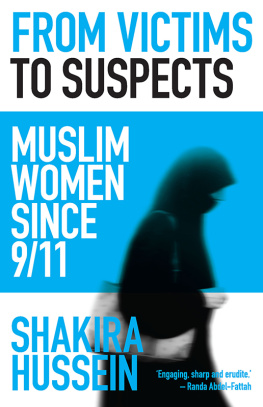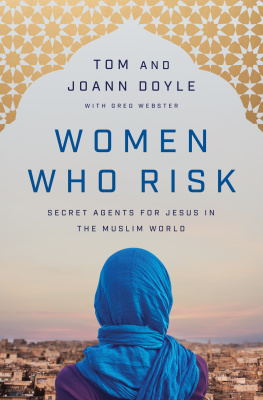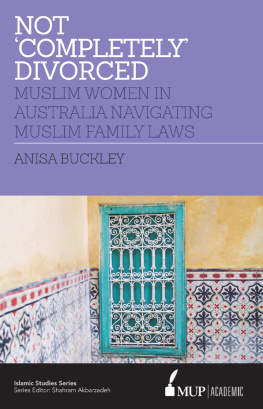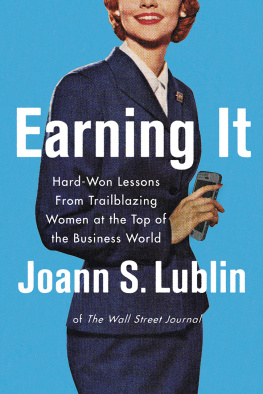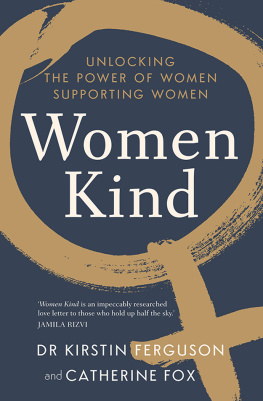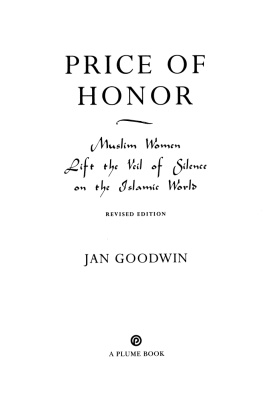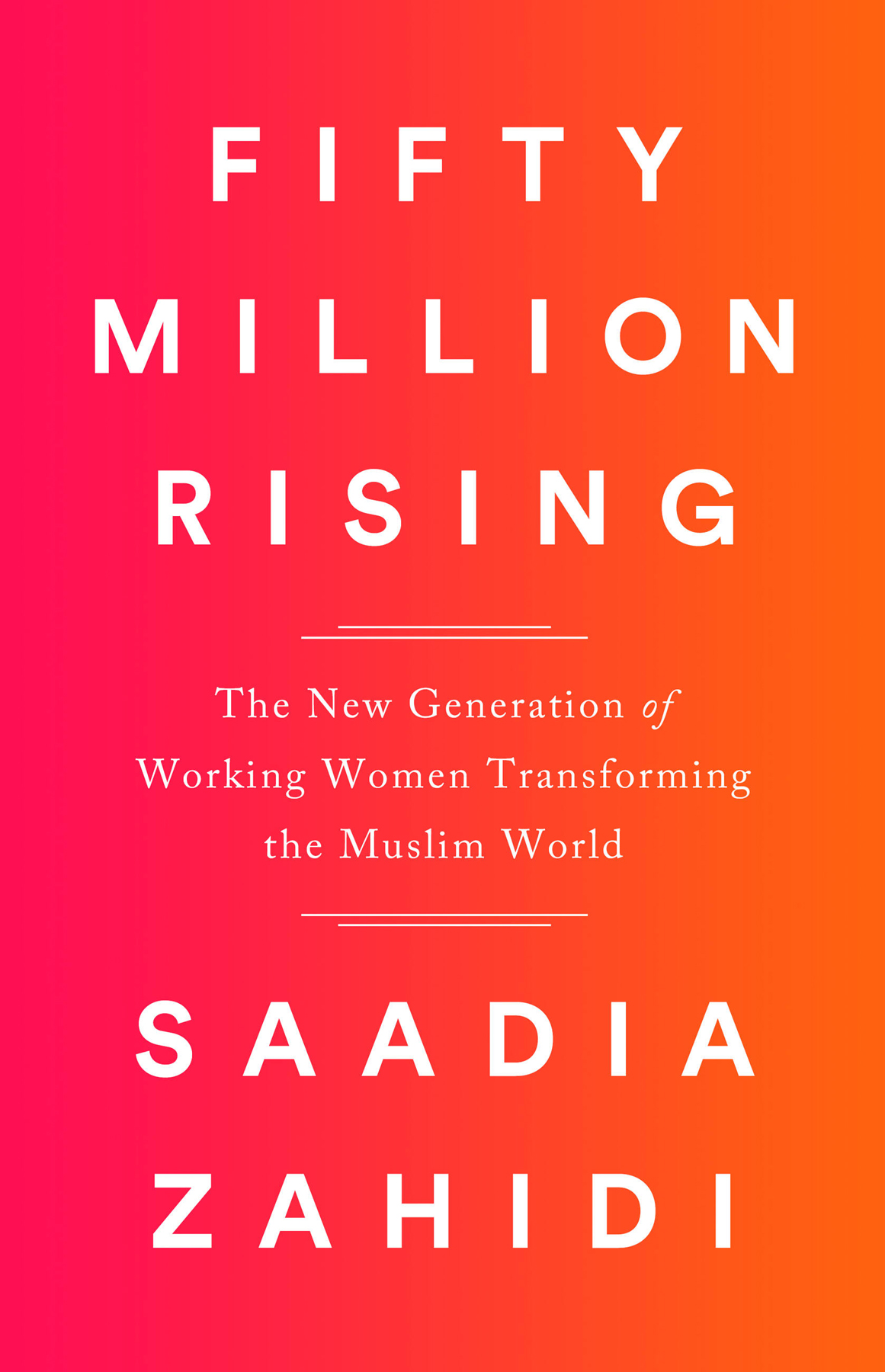Copyright 2018 by Saadia Zahidi
Hachette Book Group supports the right to free expression and the value of copyright. The purpose of copyright is to encourage writers and artists to produce the creative works that enrich our culture.
The scanning, uploading, and distribution of this book without permission is a theft of the authors intellectual property. If you would like permission to use material from the book (other than for review purposes), please contact permissions@hbgusa.com. Thank you for your support of the authors rights.
Nation Books
116 East 16th Street, 8th Floor
New York, NY 10003
www.hachettebookgroup.com/imprint/nation-books/
@NationBooks
First Edition: January 2018
Published by Nation Books, an imprint of Perseus Books, LLC, a subsidiary of Hachette Book Group, Inc. Nation Books is a copublishing venture of the Nation Institute and Perseus Books.
The publisher is not responsible for websites (or their content) that are not owned by the publisher.
Library of Congress Cataloging-in-Publication Data
Title: Fifty million rising : the new generation of working women transforming the Muslim world / Saadia Zahidi.
Description: First edition. | New York : Nation Books, [2018] | Includes bibliographical references and index.
Identifiers: LCCN 2017029076 | ISBN 9781568585901 (hardcover) |ISBN 9781568585918 (ebook)
Subjects: LCSH: WomenEmploymentIslamic countries. | Muslim womenEmployment. | Muslim womenEconomic conditions. | FeminismIslamic countries. | Economic developmentIslamic countries.
Classification: LCC HD6206.5 .Z34 2018 | DDC 331.40917/67dc23
LC record available at https://lccn.loc.gov/2017029076
ISBNs: 978-1-56858-590-1 (hardcover), 978-1-56858-591-8 (ebook)
E3-20171223-JV-PC
O NE AFTERNOON WHEN I WAS NEARLY TEN YEARS OLD, MY father, a geophysicist, took me and my younger sister along on one of his regular work trips to a gas field in northern Punjab, a few hours drive from the capital, Islamabad, where I grew up. Pakistan doesnt have much oil or gas, and most exploration of its limited supply is done by the national oil and gas development corporation, which my father worked for in the first half of his working life. It was a blistering hot summer day in a barren landscape of dry, sepia-colored rocks. Dotting this desolate landscape at regular intervals were scores of men placing seismometers into the ground. These small machines read sound waves to develop a picture of the formation of rocks thousands of meters below the surface.
I had been to my fathers office in Islamabad many times before, spending an hour or two there after school while he finished up his work, but it was my first time at the field. At the office were many uncles, friends and colleagues of my fathers who sent their children to the same schools and often socialized together with their families in the evenings and on weekends. This wholly male community of geologists, geophysicists, and engineers and their families made up a small, middle-class urban tribe.
Several of those uncles were at the field that day. One of them announced very proudly that the firm had just finished building a womens bathroom and my sister and I could now use it. I was mildly surprised that they had bothered to build a womens bathroom out here, but didnt think more of it and the conversation moved on. As a young science aficionado, I was more interested in an explanation of how the seismometers worked. My father, perhaps without knowing the revolution he was about to start in his daughters mind, took me over to one of the cabins and knocked on the door. Out came a woman carrying a long roll of seismic graphs. Her name was Nazia, and she was one of the companys first female field engineers. I was dumbstruck as she greeted us and remained so as she explained how the seismometers worked. I didnt ask any follow-up questions on the technology, as I normally would have, to the misery of most adults. Instead, my mind was buzzing with questions about herbut I was too shy to ask them directly. I spent the rest of the visit waiting impatiently to get back to the car.
When we did finally start driving back, I launched into a stream of questions. How come Nazia was a field engineer? Despite growing up around geophysicists, geologists, and field engineers, I had never heard of a woman in these professions, and Id certainly never seen one. How come she was allowed to be at the field? I didnt know women could work in a place full of men or live in a gas field trailer alone. What did her parents or husband think? I didnt think a woman could make such a bold choice without someone granting her permission. How could she wear shalwar kameezthe long shirt and loose trousers that most women in Pakistan wearwith a hard hat and boots? The only outdoorsy type of women I had ever seen were women working in rice fields, who dressed in traditional local outfits, or adventurous women in Western books and movies who wore Western clothes. A Pakistani white-collar woman in local clothes working in a gas field and using the safety equipment required in such an environment was more cognitive dissonance than my ten-year-old mind could handle.
My questions and the assumptions and biases behind them were a product of the time and place I grew up in. In 1990, only 2 percent of college-age women in Pakistan actually went to university, and barely 13 percent went to high school. Fewer than four million adult womenjust 14 percent of the total adult female populationwere part of the Pakistani workforce. Of course I had met educated, working women. There were my teachers in school, and my mother and grandmother were teachers. The latest doctor I had visited had been a woman, and one of my aunts was a doctor. Yet, despite their proximity to my life, and even with a childs eye, I knew that working women were very rare in the society around me and that teaching and medicine were among the very few professions in which womens work was socially sanctioned.
But a woman who studied to become a field engineer and then chose to practice her profession on a gas field full of menher image is burned into my mind to this day because of all that she represented. A woman who held her own in a mans world. An educated woman who earned her own money. A woman who made her own independent choices. A woman who was respected professionally by men like my father and his colleagues. She was a type of woman I had never before seen in my young life. The type of woman most girls in Pakistan didnt get to see. But once seen, she could not be unseen.
For men like my father, who was already convinced that women should be able to study, having these early pioneering female colleagues showed them firsthand that their daughters might have a viable path for professional fulfillment too, even in fields that men of my fathers generation had never considered. As the first in his family to go to university, my father saw education as a path to the middle class. But he also enjoyed learning, and so he was always trying to expand our minds with talk of science, math, and politics, subjects he loved to discuss. Soon after that trip to the gas fieldand soon after Nazias start in the companyhe began to speculate excitedly about all the things we could do with our future acquired knowledge. In one such chat, he proposed that my sister could become a pilot, because the Pakistan Air Force had just started to train women. Another time he speculated that I could become a news anchor, because Pakistan Television, the state-owned television network, had starting recruiting more women. At first, I was surprised, just as I was when I met Nazia. I had never imagined that these were possibilities for us, because, well, we were girls and I thought our options were limited. We could go into teaching or even medicine perhaps, if we were lucky. But before long I too caught his enthusiasm and was imagining a new future for myself. Change was in the air.


